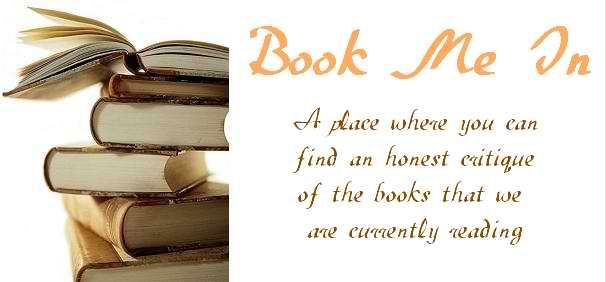 Back in December, I was contacted by Laura Ford, who is an editor at Random House Publishing. She must have come across my review of Katherine Center's first novel, because in her email, she asked if I would like to receive an early edition of Katherine's second novel. Her exact words were, "May I send you a galley?" My words back to her (although not exact) were "Hell yeah!"
Back in December, I was contacted by Laura Ford, who is an editor at Random House Publishing. She must have come across my review of Katherine Center's first novel, because in her email, she asked if I would like to receive an early edition of Katherine's second novel. Her exact words were, "May I send you a galley?" My words back to her (although not exact) were "Hell yeah!"So, I had the honour of having a reader's edition of this book. I would be lying if I said that I didn't excitedly wait for this book to arrive on my doorstep. The book itself didn't officially come out in bookstores until February 17th. And of course I urge you all to go to your nearest book store and purchase the book if you haven't already done so.
Without giving too much away, this book is about Lanie Coates who is a young wife and mother to three children. Her life is uprooted across the country when her husband gets accepted to a grad program for music (his dream).
Ever the supportive wife, she willingly packs up her life's belongings into a U-Haul to make the big move. Things are changing and it's never more apparent when she finds out that her parents have not only sold her childhood home, but are moving to a different country/time zone.
In an effort to make sense of her life (and find herself while she's at it), she decides to make some changes, including joining a gym and signing up for a photography class. While she is snapping photos of the world around her, her own little world is beginning to slowly come back into focus.
Of course this doesn't come easily. There are a few obstacles that she'll have to overcome ...
This was a great read and yet another winner by Katherine Center.






